By 2030, scientists say the planet must cut greenhouse gas emissions by nearly half. Governments are under pressure to act quickly to cut emissions. But that pressure has sparked a political backlash in Europe.
Michael Jacobs, professor of political economy at the University of Sheffield and a former climate adviser to the British government, said some far-right or populist parties in Europe believe that climate change is “only a concern for the rich”, while the poor will be forced to pay the price.
British Prime Minister Rishi Sunak has promised to abandon efforts to decarbonize faster than other countries, the Financial Times reported. According to Mr. Sunak, the UK's share of global CO2 emissions is less than 1%, so the UK has no responsibility to sacrifice more than other countries. Similar scenes are playing out across Europe. Even many far-right politicians are promising to cancel green measures that they believe will be unpopular with voters in the European Parliament (EP) elections in early June.
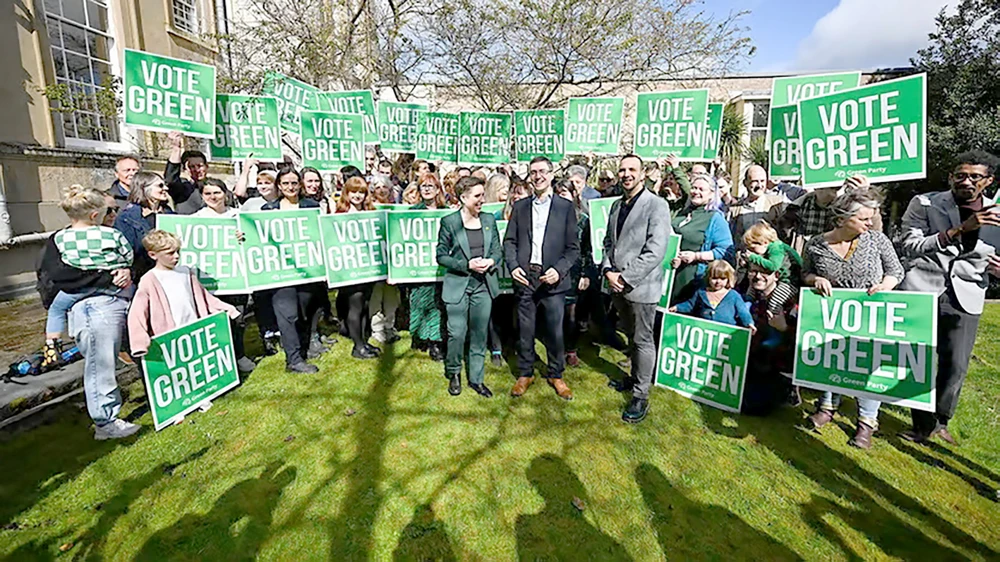
Following the 2015 Paris Agreement, in which nearly 200 countries agreed to limit global temperature rises to well below 2 degrees Celsius and ideally 1.5 degrees Celsius, a wave of governments have set emissions-cutting targets, with some aiming for net zero by 2050. Many, including Sweden, a pioneer in net emissions, have admitted they will miss their 2045 net zero target.
Polls show that voters concerned about climate change generally want the government to do more. But attitudes can change when faced with policies that directly affect their daily lives. A YouGov poll ahead of Sunak’s policy changes found that half of voters support delaying the ban on new petrol and diesel car sales from 2030 to 2035.
In Germany, a proposed ban on oil and gas power plants is seen by analysts as a major factor in the decline in support for Chancellor Olaf Scholz’s three-party coalition and the rise of the far-right Alternative for Germany (AfD). The shock success of the far-right Freedom Party (PVV) in the Dutch election in late 2023 has left climate activists fearful of a green transition and a rollback of climate policies.
The good news so far is that far-right parties in Europe have won elections but have struggled to translate votes into power, partly because other parties have refused to cooperate in forming a governing coalition. Or the PVV, which is in the Dutch government, but has not had enough influence on Dutch climate policy.
KHANH MINH
Source: https://www.sggp.org.vn/au-cu-chau-au-va-tien-trinh-chuyen-doi-xanh-post741146.html






![[Photo] General Secretary To Lam attends the 80th anniversary of Vietnam's diplomacy](https://vstatic.vietnam.vn/vietnam/resource/IMAGE/2025/8/25/3dc715efdbf74937b6fe8072bac5cb30)


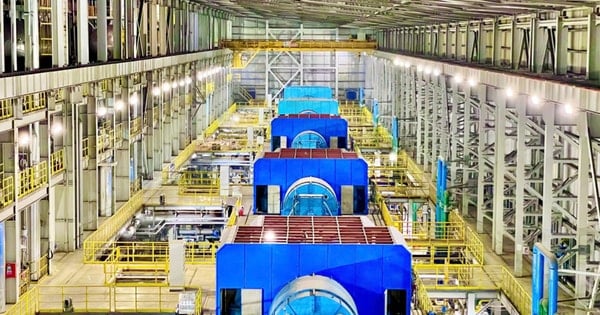





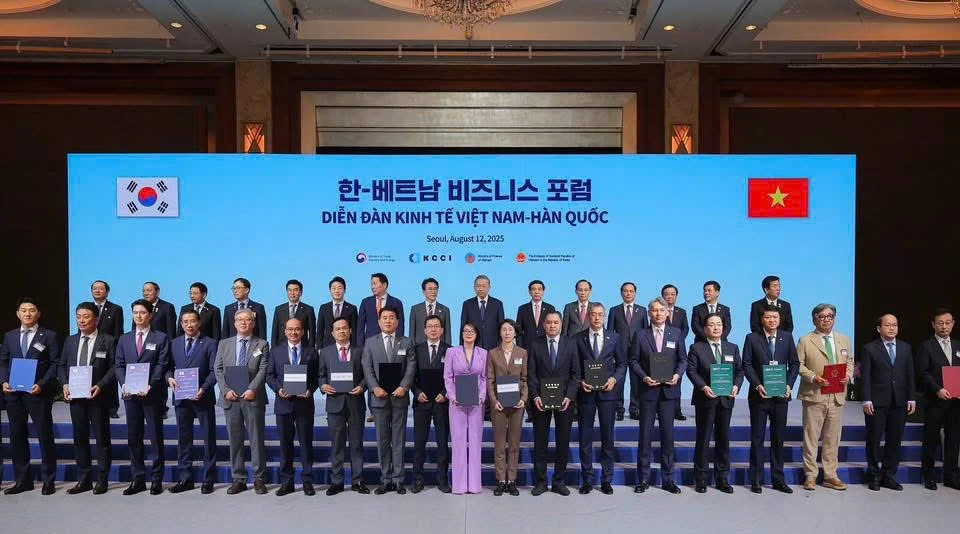



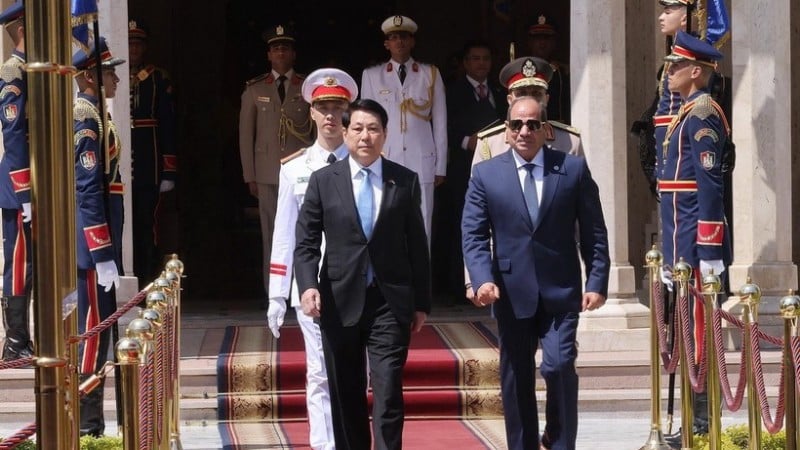
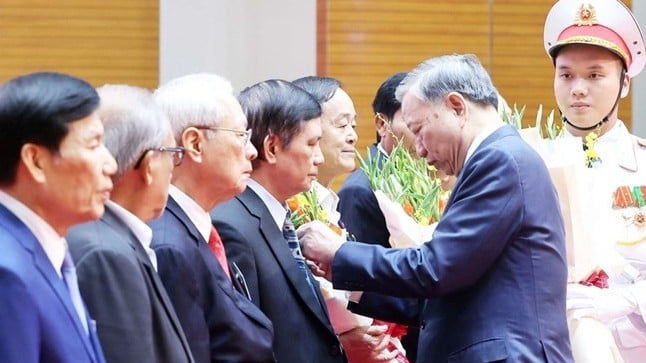



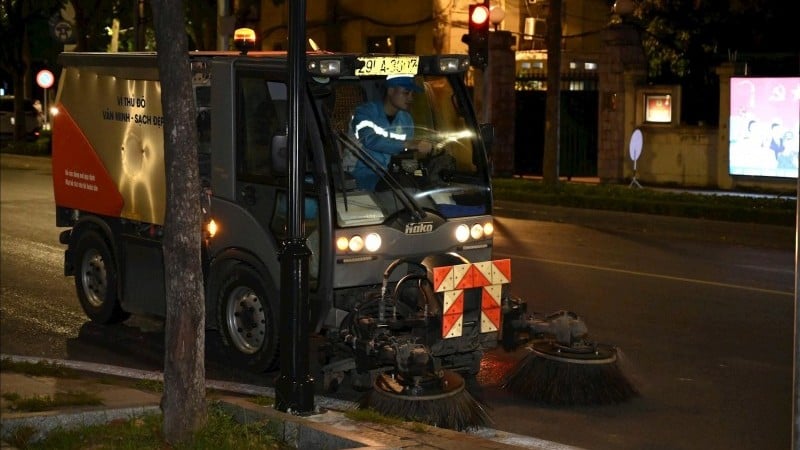






















































































Comment (0)